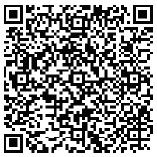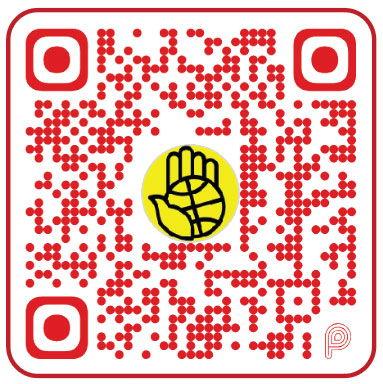Menu
Project Countries and Regions
- Places where CEDAR is serving now
- Places where CEDAR served in the past

Ministry-map-en-202305
https://www.cedarfund.org/nepal-en
https://www.cedarfund.org/hongkong-en
https://www.cedarfund.org/zimbabwe-en
https://www.cedarfund.org/ethiopia-en
https://www.cedarfund.org/rwanda-en
https://www.cedarfund.org/afghanistan-en
https://www.cedarfund.org/india-en
https://www.cedarfund.org/thailand-en
https://www.cedarfund.org/myanmar-en
https://www.cedarfund.org/bangladesh-en
https://www.cedarfund.org/china-en
https://www.cedarfund.org/lebanon-en
https://www.cedarfund.org/ukraine-en
Creative Access Nations are not included in the above map. You can click here to view ministries in Creative Access Nations.
donation method
Cheque
Please make it payable to CEDAR FUND
Direct Deposit
HSBC: 004-600-385678-001
BEA: 015-185-68-00931-7SSA
BOC: 012-581-2-020114-7
DBS: 016-478-001364162
Faster Payment System
FPS ID: 3354016 or scan the below code in the online banking
After donation, please send a completed Donation Form, enclosing with cheque, bank-in slip or screenshot of successful payment along with your name, contact phone number and mailing address to us via mail, email or WhatsApp.
Address: CEDAR Fund, G.P.O. Box 3212, Hong Kong
Email: sharing@cedarfund.org
WhatsApp (for donation matters only): 5160 7549
- CEDAR is an approved charitable institution and trust of a public character under section 88 of the Inland Revenue Ordinance. Please visit Inland Revenue Department website for details.
- CEDAR Fund will issue a receipt for a donation of HK$100 or above for tax deduction. For a donation of less than HK$100, please get in touch with us to issue a receipt.
- Please DO NOT fax any donation information.



